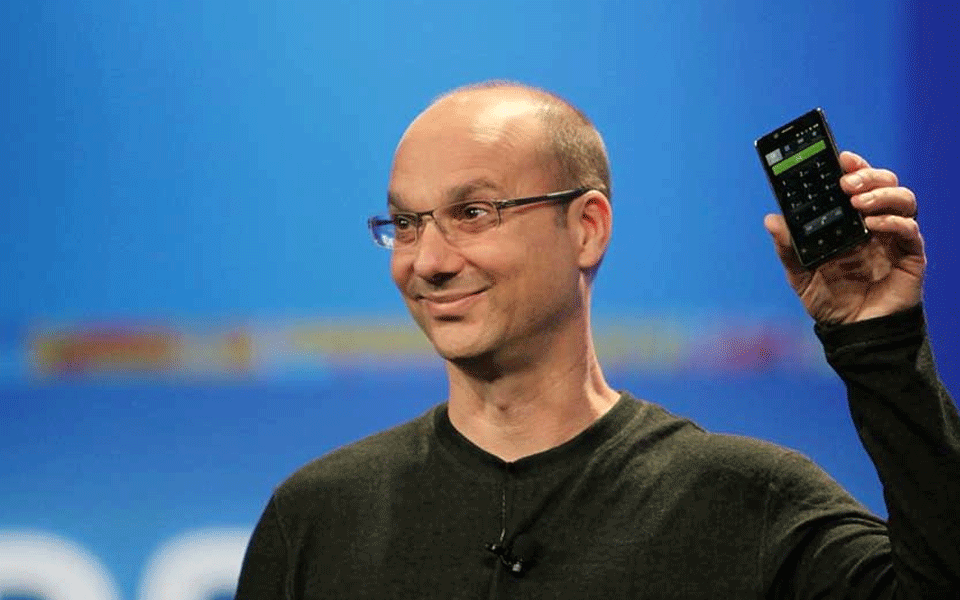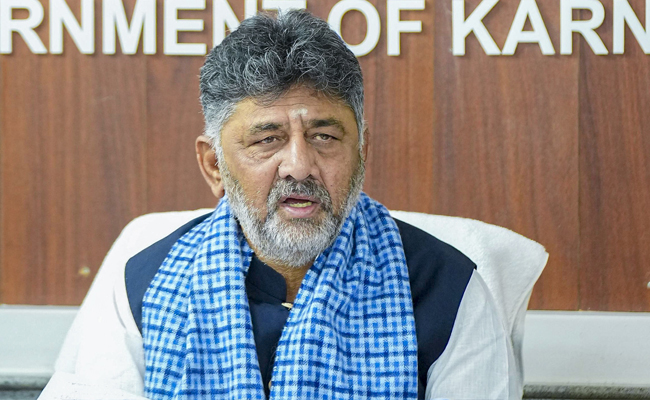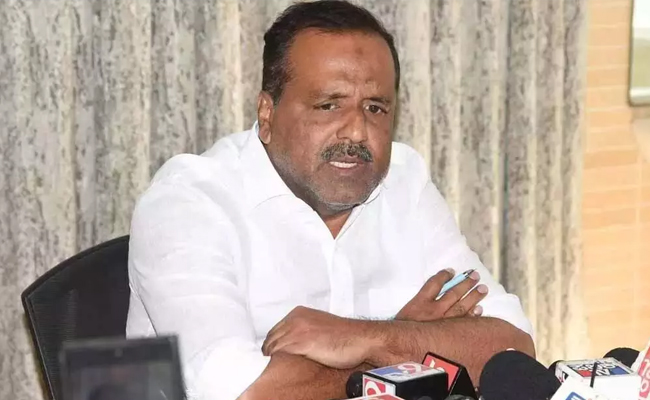San Francisco: Google gave Andy Rubin, the creator of Android mobile software, a hero’s farewell when he left the company in October 2014.
“I want to wish Andy all the best with what’s next,” Larry Page, Google’s then-chief executive, said in a public statement. “With Android he created something truly remarkable — with a billion-plus happy users.”
What Google did not make public was that an employee had accused Rubin of sexual misconduct. The woman, with whom Rubin had been having an extramarital relationship, said he coerced her into performing oral sex in a hotel room in 2013, according to two company executives with knowledge of the episode. Google investigated and concluded her claim was credible, said the people, who spoke on the condition they not be named, citing confidentiality agreements. Page asked for his resignation.
Google could have fired Rubin and paid him little to nothing on the way out. Instead, the company handed him a $90 million exit package, paid in installments of about $2 million a month for four years, said two people with knowledge of the terms. The last payment is scheduled for next month.
Rubin was one of three executives that Google protected over the past decade after they were accused of sexual misconduct. In two instances, it ousted senior executives, but softened the blow by paying them millions of dollars as they departed, even though it had no legal obligation to do so. In a third, the executive remained in a highly compensated post at the company. Each time Google stayed silent about the accusations against the men.
The New York Times obtained corporate and court documents and spoke to more than three dozen current and former Google executives and employees about the episodes, including some people directly involved in handling them. Most asked to remain anonymous because they were bound by confidentiality agreements or feared retribution for speaking out.
The transgressions varied in severity. Rubin’s case stood out for how much Google paid him and its silence on the circumstances of his departure.
Sam Singer, a spokesman for Rubin, disputed that Rubin had been told of any misconduct and said he left the company of his own accord.
“The New York Times story contains numerous inaccuracies about my employment at Google and wild exaggerations about my compensation,” Rubin said in a statement after the publication of this article. “Specifically, I never coerced a woman to have sex in a hotel room. These false allegations are part of a smear campaign by my ex-wife to disparage me during a divorce and custody battle.”
In settling on terms favorable to two of the men, Google protected its own interests. The company avoided messy and costly legal fights, and kept them from working for rivals as part of the separation agreements.
When asked about Rubin and the other cases, Eileen Naughton, Google’s vice president for people operations, said in a statement the company takes harassment seriously and reviews every complaint.
“We investigate and take action, including termination,” she said. “In recent years, we’ve taken a particularly hard line on inappropriate conduct by people in positions of authority. We’re working hard to keep improving how we handle this type of behavior.”
After publication of this article online, Sundar Pichai, Google’s chief executive, and Naughton wrote in an email to employees that the company had fired 48 people for sexual harassment during the last two years and that none of them received an exit package.
“We are committed to ensuring that Google is a workplace where you can feel safe to do your best work, and where there are serious consequences for anyone who behaves inappropriately,” Pichai and Naughton wrote.
Some within Google said that was not enough.
“When Google covers up harassment and passes the trash, it contributes to an environment where people don’t feel safe reporting misconduct,” said Liz Fong-Jones, a Google engineer for more than a decade and an activist on workplace issues. “They suspect that nothing will happen or, worse, that the men will be paid and the women will be pushed aside.”
The $350 million man
Rubin joined Google in 2005 when it acquired his startup, Android, for $50 million. Over the next few years, he helped build Android — the software now used in 80 percent of the world’s smartphones — into a huge success.
That success gave Rubin more latitude than most Google executives, said four people who worked with him.
In a civil suit filed this month by Rubin’s ex-wife, Rie Rubin, she claimed he had multiple “ownership relationships” with other women during their marriage, paying hundreds of thousands of dollars to them. The couple were divorced in August.
The suit included a screenshot of an August 2015 email Rubin sent to one woman. “You will be happy being taken care of,” he wrote. “Being owned is kinda like you are my property, and I can loan you to other people.”
Rubin built a robotics division within Google named Replicant.
Around that time, Rubin was casually seeing another woman he knew from Android, according to two company executives briefed on the relationship. The two had started dating in 2012 when he was still leading the division.
By 2013, she wanted to break things off but worried it would affect her career, said the executives. That March, she agreed to meet him at a hotel, where she said he pressured her into oral sex, they said. The incident ended the relationship.
The woman waited until 2014 before filing a complaint to Google’s human resources department and telling officials about the relationship, the people said. Google began an investigation.
While Rubin denied the accusation, it became clear that — at the very least — the relationship was inappropriate, the executives said. Page decided Rubin should leave, they said.
When Google fires lower-level employees, it typically marches them out immediately and pays little, if any, severance. But for senior executives, Google weighs other factors, said former executives. A wrongful termination lawsuit could mean unwanted media attention for Google and the victims of a misconduct case, with a loss resulting in significant damages.
In the end, Google paid Rubin $90 million, said two people with knowledge of the terms. The package was structured so that he received $2.5 million a month for the first two years and $1.25 million a month for the following two years.
A provision in the separation agreement precluded Rubin from working for rivals or disparaging Google publicly, they said.
The company then went out of its way to make Rubin’s departure seem amicable, including Page’s public statement of gratitude.
Afterward, Google invested in Playground Global, a venture firm Rubin started six months after leaving the company. Playground has raised $800 million. He also founded Essential, a maker of Android smartphones.
Rubin’s wealth, fueled by Google, has increased by 35 times in less than a decade. According to his ex-wife’s suit, his net worth is now about $350 million, up from $10 million in 2009.
Courtesy: economictimes.indiatimes.com
Let the Truth be known. If you read VB and like VB, please be a VB Supporter and Help us deliver the Truth to one and all.
Mumbai (PTI): A Mumbai court on Wednesday granted bail to a businessman, held in a car accident caused by his minor son that led to the death of a person last month, noting that prima facie the father lacked knowledge of his son taking out the vehicle for a drive.
Additional Sessions Judge R M Jadhav allowed his bail on a bond of Rs 50,000 and mainly relied on the statement of a watchman of the building where the businessman resides while granting him relief.
The accident occurred on February 5 near Somaiya College in Mumbai's Ghatkopar area.
As per police, the minor son of the businessman, booked for culpable homicide not amounting to murder, was driving a Kia Seltos when it collided with a scooter, leading to the death of its rider Dhrumil Patel. The deceased's wife Meenal, who was riding pillion, suffered grievous injuries in the crash.
The boy's father was arrested on February 10 and booked under Bharatiya Nyaya Sanhita (BNS) provisions related to rash driving, culpable homicide not amounting to murder, act endangering life and safety of others as well as relevant sections of the Motor Vehicles Act.
The accused, through his advocate Manish Singh, had argued during bail hearing in the court that he was neither present at the accident spot nor driving the vehicle at the relevant time.
He claimed had no knowledge of his son taking the vehicle on the day of the accident and was not responsible for the fatal crash.
Public Prosecutor P B Bankar opposed the bail application, contending the father allowed his son to drive despite knowing the minor did not possess a valid licence.
Advocate Ruben Mascarenhas, appearing for an intervenor (representing the victim's family) , highlighted that the minor operated an Instagram account which featured reckless driving stunts.
The applicant/accused had knowledge of this fact, but still allowed his son to drive the SUV. Hence, prima facie an offence was made out against him, he added.
The advocate submitted that the accused offered Rs 40 lakh to the victim's family to settle the case and claimed that the minor's Instagram history was tampered with.
Additional Sessions Judge Jadhav, after hearing all sides, relied on the statement of a watchman of the businessman's building while granting bail.
It is noted that at 10.15 pm (on the day of accident) the juvenile accused approached the watchman and asked for the car's keys (which were in the latter's possession at that time). The watchman claimed that without questioning the teenager, he handed over the keys to the minor as he happened to be the son of the accused, the court order said.
Later, when the father came down and found that his car was not there in the parking lot, he enquired with the watchman, and came to know the vehicle was taken by his son, it said.
"Prima facie, the material on record thus goes to show that the applicant/accused was not having knowledge of the fact that at the time of incident his son took the vehicle which is required to be noted here," the court held.
The court directed the businessman not to leave Mumbai without its permission and desist from any attempt to influence witnesses in the case.





